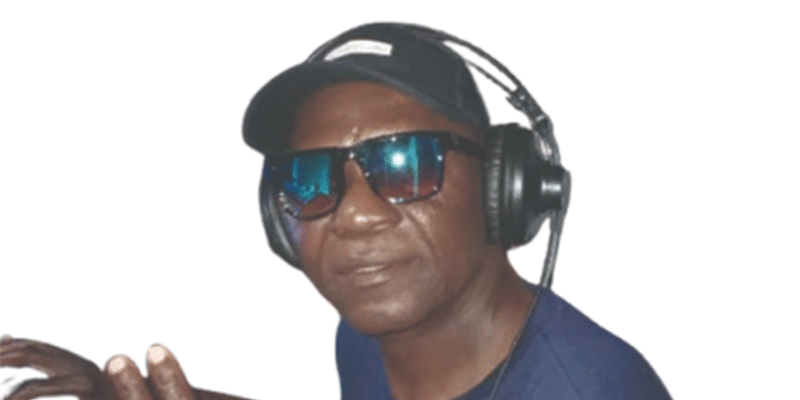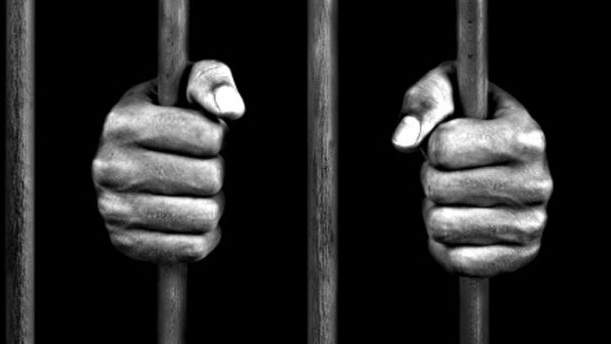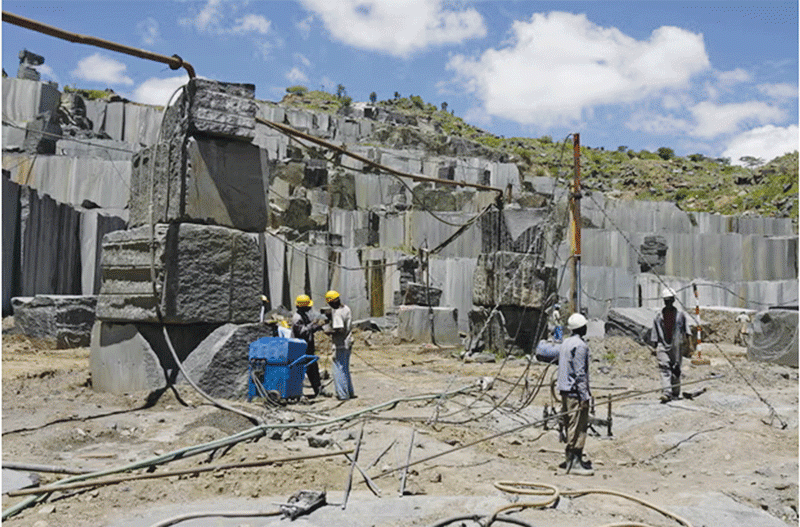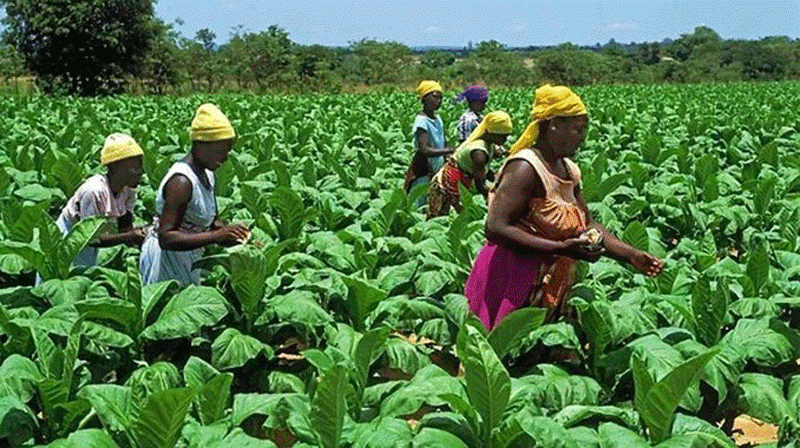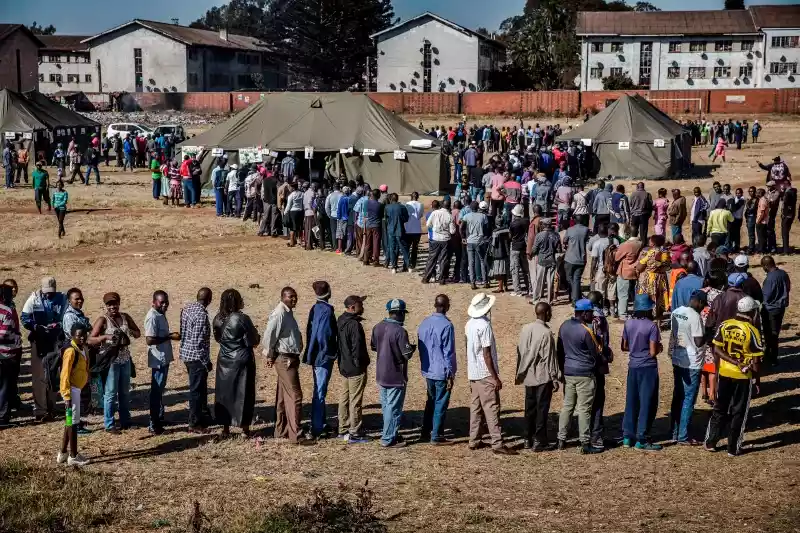
Sibongile Maneto (33) from Cold Comfort, Harare, is a bitter woman. To her, failing to cast her vote in the August 23 and 24 harmonised elections was, indeed, a nightmare.
She cannot bear waiting for another five years before exercising her constitutional right to vote.
“I was at the polling station by 6am to join the queue before many people so I could rush home to my two-month-old baby. I thought this election was similar to the previous ones and I hoped things would run smoothly according to the time,” she said.
Maneto was not the only one to face this predicament, as thousands of women in most urban areas failed to cast their vote on August 23 due to late deployment of ballot papers at various polling stations by the Zimbabwe Electoral Commision (Zec).
She had left her baby at home in anticipation of a quick and smooth-flowing voting process but alas, the gods of happiness were not on her side.
A number of observer missions among them Southern African Development Community and African Union, described Zimbabwe’s election as shambolic and flawed after noting a number of irregularities, among them late deployment of poll material.
As late as 11pm on election day, some polling stations had not started the voting process resulting in a number of voters, mainly women, returning to their homes.
The lengthy delays forced most women including Maneto to return home to take care of their loved ones.
- Wildlife pile misery on GBV victims
- Feature: Women bear the brunt of ‘flawed’ poll
- Editors Memo: Invest more in women empowerment
- UN Women rep calls for action on gender equality
Keep Reading
“I had no option but to go back home to attend to my baby. I failed to come back as I had heard that the ballot papers came well after dark. I am in pain as I was hoping to exercise my right for the first time,” she added.
Voting at the Cold Comfort Primary School polling station was declared open around 9pm, and ended the following morning after the stipulated 12-hour period.
Many women waited patiently for the chance to vote, with some leaving way after midnight, risking their lives in the not-so-friendly environs.
In Glen View high-density suburb, Shorai Nyemba (70) sat on the pavement for hours on end waiting for her turn to vote.
Nyemba endured the uncomfortable situation as she was determined to cast her vote and ensure changes that would benefit her grandchildren.
“I am diabetic, but I had to endure until they call us to start voting. I had waited for five years for this day, so I did not give up,” she said.
When the ballot papers finally arrived, due to her age, Nyemba, among other senior citizens, was given first preference.
At most of the polling stations where voting took place at night, women with babies strapped on their backs braved the chilly weather as they patiently waited to cast their votes, but the majority had given up and rushed home for their domestic chores.
In a statement a day before election day, Women’s Coalition of Zimbabwe said the electoral environment had been characterised by a plethora of legal, financial and administrative barriers, whose unfettered existence drove and exacerbated the inequalities experienced by women across the political divide.
Several observer missions expressed concern over the delay in starting the voting process at many polling stations especially in urban areas.
Women remain the biggest voting population in the country, making up 53,8% of registered voters.
More than two million people did not cast their votes due to various reasons among them late deployment of ballot papers.
In a live discussion on X, formerly Twitter, political scientist and academic Chipo Dendere, said some women could not vote in urban areas where polling extended into the night as they feared for their lives.
"The election itself had serious problems. Let’s go back to 48 hours before the elections, the Zimbabwe Electoral Commission knew very well that it did not have enough ballots for every Zimbabwean to be able to express their voice. It should have been made clear months ago that it’s very difficult for us to run ballot papers.
“Women did not feel comfortable going out at 10pm to vote. We know that it’s a society where women don’t feel safe going out at night. Not just that, most women have childcare responsibilities. Elderly women would also not feel comfortable,” she said.
In a patriarchal society, women are still primarily the caregivers in the society who must carry out domestic chores as much as they must go out and fend for their families.
According to the United Nations Women (UN Women) national and local elections can support women’s political participation in multiple ways, but specific measures may be required to overcome the barriers of gender discrimination.
“If polling stations are located in remote or unsafe areas, women voters may be reluctant to use them. Sometimes electoral management bodies are unaware of hindrances to women’s participation because they do not have the knowledge, skills or data to analyse and correct these,” the UN Women report said.
Maneto feels she has let the nation down by not taking part in the August 2023 polls. Though not her fault, the mother of two has to wait for another electoral cycle in 2028.


